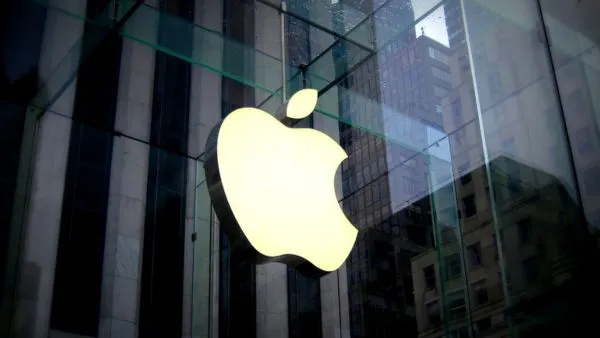Last updated on December 8th, 2022 at 03:13 pm
Apple has blocked the first applications in the App Store for identifying devices – at risk of another 50 thousand
Apple has begun rejecting app updates that conflict with its new privacy policy in iOS 14, showing that it is now taking the matter more seriously. And, most likely, iOS 14.5 is close to release – in which Apple will require that applications that want to track users get user permission to do so.

“Our app has just been rejected by an Apple App reviewer complaining about the MMP SDK that generates a unique device identifier,” said Aude Boscher, marketing manager for transport French startup Heetch. ” I saw others complaining … So maybe it will soon affect you too!”
Someone suggested that this is an April Fools’ joke by Apple, but it is not. Mobile Marketing Specialist Claire Rozain said: “ Apple doesn’t joke with privacy and those who go against the rules. Safety is important! “
Currently have been rejected, for example:
- Radish Fiction ;
- Heetch ;
- at least one application from InnoGames ;
- potentially up to 50,000 more applications are on the way.
“Your app uses algorithmically transformed device data to create a unique identifier for tracking the user,” says a message Apple uses to inform app developers that an update has been rejected. “The device information collected by your application may include some of the following parameters: NSLocaleAlternateQuotationBeginDelimiterKey, NSTimeZone, NSLocaleGroupingSeparator, NSLocaleDecimalSeparator, and so on.”
According to mobile marketing analyst Eric Seufert, the problem is the use of a software development kit from Adjust, a company that collects mobile data. If so, it could affect thousands of applications.
Adjust reports on its website that over 50,000 apps trust it. And according to AppFigures, 18% of all apps in the App Store using various mobile measurement platforms, and 11% of apps on Google Play turn to Adjust’s services.
“Device fingerprint” is sometimes called probabilistic identification based on a large amount of data about the device. Mobile measurement platforms can collect data on the software version, the time since the last system update, the time of the last restart, the location, the time zone, and so on to determine the user. By collecting such data, you can get almost 100 percent user identification. This way, you can track people who click on ads, install apps, and so on. This can be used for targeted advertising, marketing performance metrics, and other tasks.
Apple prohibits this in iOS 14, where developers must obtain explicit, unambiguous user consent to track people and devices. Such a change could result in billions of dollars in revenue reductions for ad networks.
Adjust has updated its SDK, which is open source and publicly available on GitHub. The latest update removed code that accessed data such as processor type, phone memory size, charging status, battery level, and more. Thus, in theory, an upgrade to the new Adjust SDK would make it possible for all Adjust clients to release application updates.
Customers of one mobile measurement platform risk being denied updating their applications, but this does not mean that everyone else is safe. Apple is clearly taking its policies seriously and will likely review or review the SDKs of all measurement and analytics providers to ensure they comply with Apple’s policies.
The privacy policy changes in iOS 14 are potentially disruptive to the industry but more of a boon to users.




